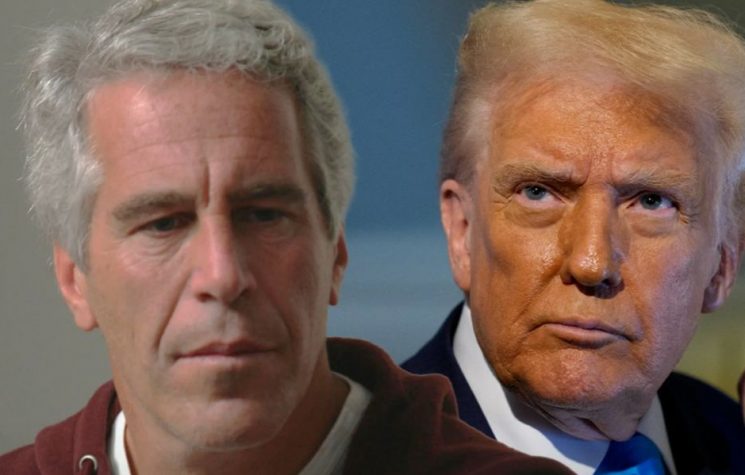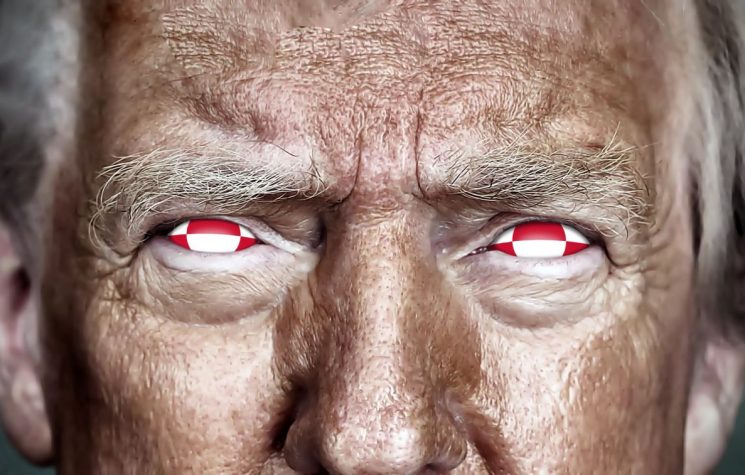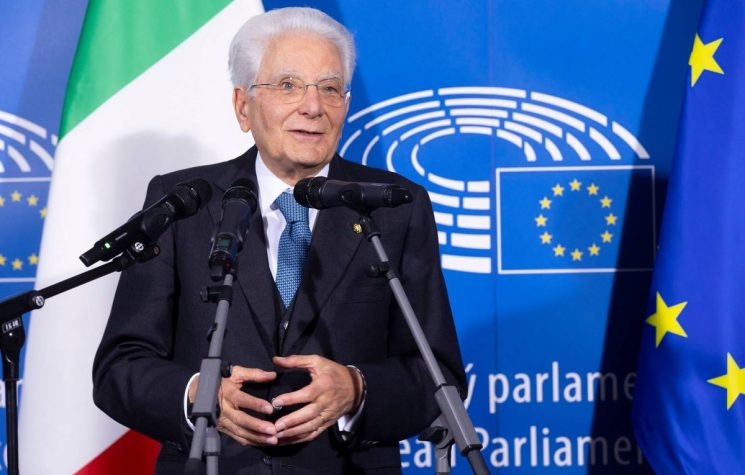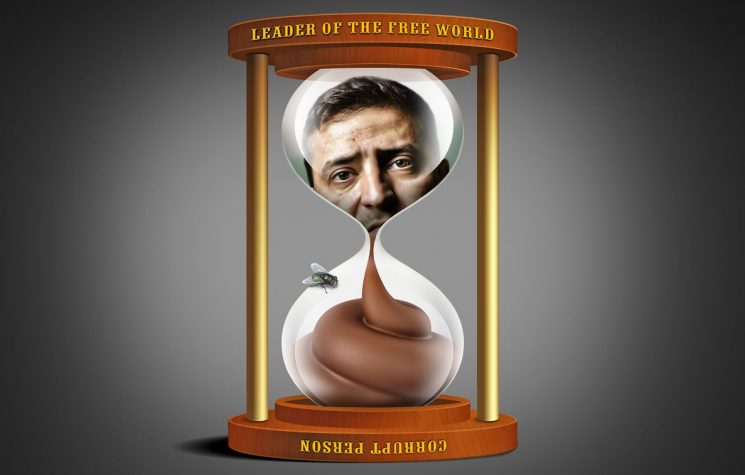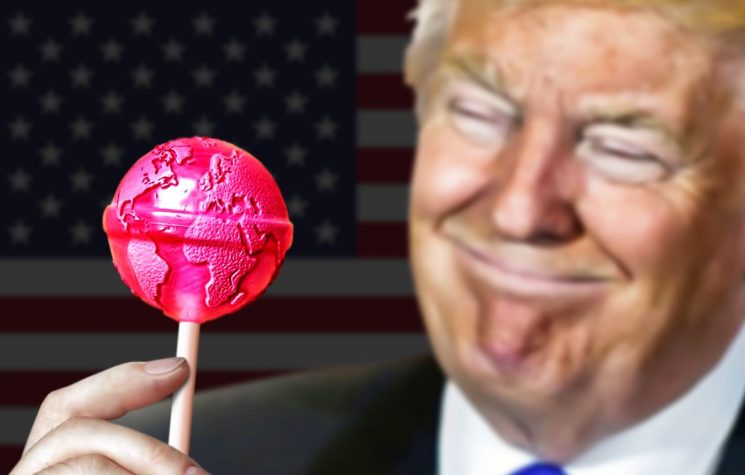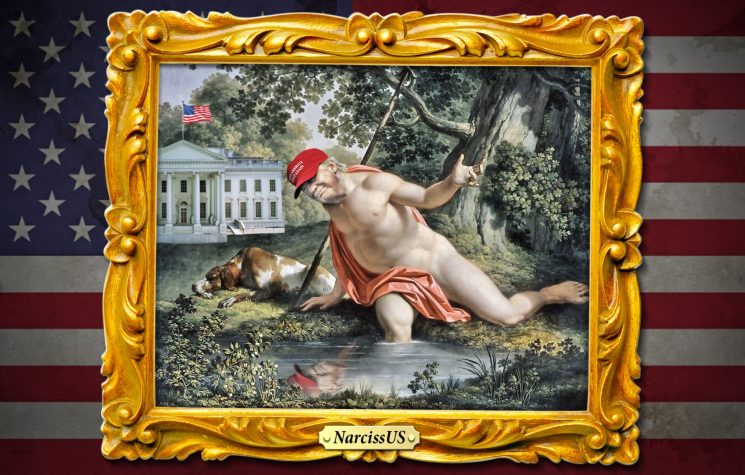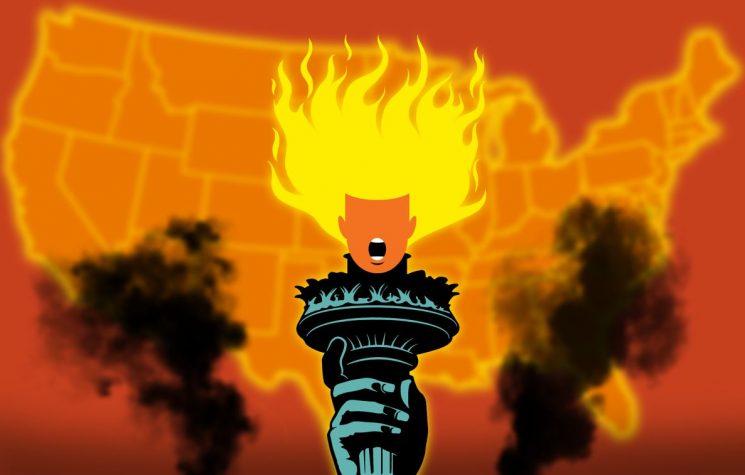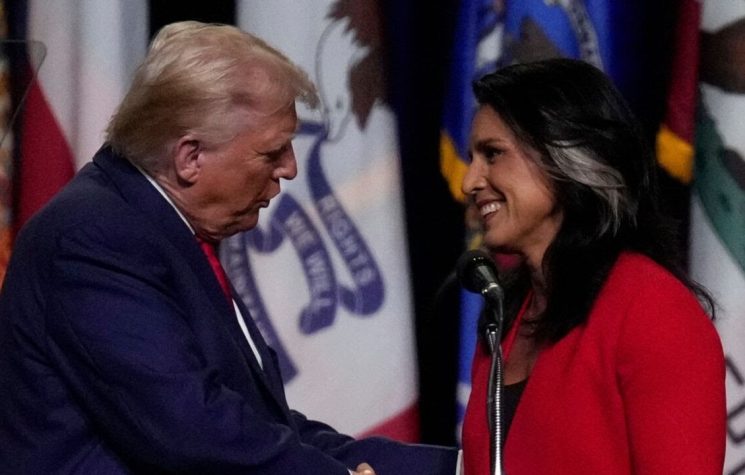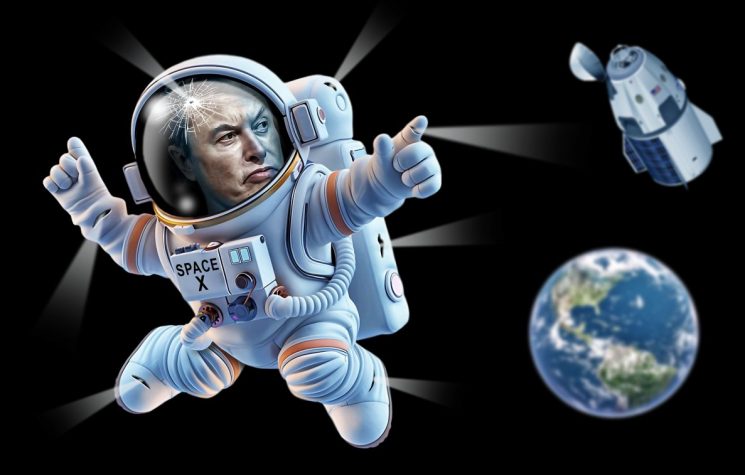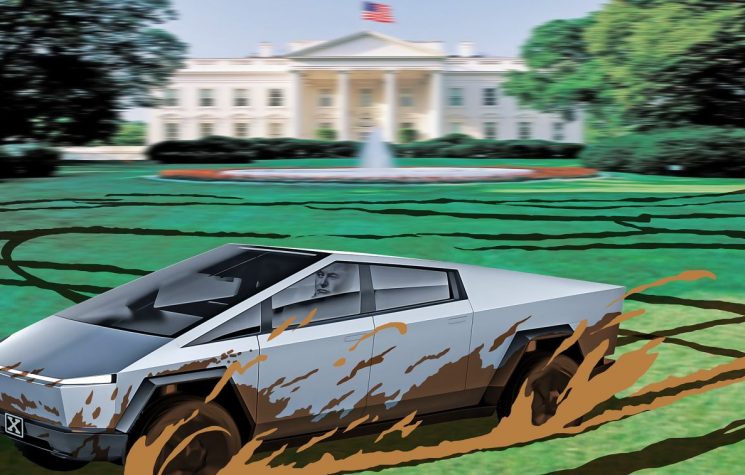Contact us: info@strategic-culture.su
Donald Trump has won a victory even more stunning than his upset defeat of Hillary Clinton eight years ago. Two impeachments, relentless lawfare and innumerable criminal charges, two assassination attempts, and an unceasing chorus of the nation’s most powerful media calling him a “fascist” could not stop Trump. In the teeth of all that adversity, Trump has only grown stronger. And now he has the symbolic yet potent mandate of a popular-vote majority.
That majority adds psychological force that makes the Trump revolution cultural as well as political. Before, it was easy for Trump’s critics to believe his 2016 victory was a fluke. They might have to deal with its consequences, including the impetus his election gave to a populist turn within the institutions of the conservative movement. But once Trump was out of office, those institutions would sooner or later revert to their former character. After all, populism didn’t have money behind it. If it didn’t have people, either, it wouldn’t be around for long.
Trump has shattered the laws of political physics. Realignments that had already begun as a result of Trump’s earlier success are accelerating. To appreciate the magnitude of what Trump achieved in this election, look beyond the states he won—in blue state after blue state, Trump made enormous, often double-digit gains. He made deep inroads into the Hispanic vote, particularly among men. Meanwhile, neoconservatives who held out hope of retaking the commanding heights of the Republican party if Trump was defeated have little choice now but to accept a place in the Democratic coalition. But they may not be comfortable there, either, as Democrats crack up over Israel’s war with Hamas.
This does not mean that four years from now the Republican nominee will be competitive in every blue state or will win a majority of Hispanics, and it certainly doesn’t mean that the GOP will be without a hawkish wing and some ostensibly pro-Trump neoconservative influences. The changes that Trump brings about are not necessarily linear. But they will afford opportunities hardly imaginable before this point. And J.D. Vance is well-equipped to make the most of them in 2028.
Although foreign policy was not voters’ top priority either this year or when Trump first won the presidency, war and the way leaders in both parties respond to it—or fail to respond—establishes conditions conducive to ideological mutation. How Trump handles the crises in Ukraine and the Middle East that he inherits from President Biden will be a watershed. Democrats who were reluctant to criticize U.S. support for Israel while that support was coming from the Biden-Harris administration will now hammer Trump over Israel’s actions. Can Trump make good on the faith placed in him both by Arab-American voters in Michigan and by ardent supporters of Israel? Can the green shoots of a return to realism in Republican foreign policy survive the burdens of responsibility that the wars in the Middle East and Ukraine impose? The wars themselves may not be America’s responsibility, but the administration will face tough choices about what not to do as well as what to do.
The possibility of wide-ranging new tariffs exists alongside the possibility that the Federal Reserve may be audited and compelled to answer to the public by the new administration. Moves in either of these directions would send shockwaves through Wall Street. Could the Trump administration be skillful enough to remake the fiscal and monetary systems without causing panic? If not, what milder measures could the administration undertake that would still address trade imbalances and inflation? Trump is open to considering a much wider range of possibilities than conventional politicians would dare to imagine, and even if his administration doesn’t avail itself of those possibilities, the mere fact the president would consider them will redraw the boundaries of policy discourse in Washington and beyond.
The president will be confronted by stiff opposition within the federal bureaucracy as well as from Democrats in Congress. He should not flinch from forcing reform on the administrative state and dismantling entire departments of the federal government. In this, too, Trump can be transformative. His experiences during his first term with leaks and policy sabotage originating from the bureaucracy should inform his handling of the civil service this time. It has been a power unto itself for far too long, and it has pursued not a disinterested agenda in the service of the public but a partisan agenda in the service of liberal elites.
New electoral maps, new issue coalitions, a new balance of power within the executive branch—all of these are just some of the domestic effects of Trump’s triumph. It also has the potential to inspire, or amplify, such changes all around the world. The precedent Trump has set is not only one that populist parties in Europe and elsewhere will take to heart. Mainstream parties that until now had looked to elite liberal opinion in the United States for guidance and guidelines will henceforth have to do some new thinking of their own, incorporating something of Trumpism into their dealings with America and perhaps into their politics at home. Emmanuel Macron joined Benjamin Netanyahu as the first of the world’s leaders to congratulate Trump on X last night.
The political and cultural aftershocks of Trump’s victory will not by themselves be enough to make the new administration a success—much hard work and resilience in the face of inevitable setbacks will be necessary, as in more pedestrian administrations. There is also a need for conservatives outside of government to answer the call the moment presents to be both creative and disciplined. The right needs renovation, including in the way it approaches art and literature. Just as Trump has shown that a new majority can be forged in battles no one else would dare fight, the right may be capable of achieving greater things in the realm of culture and philosophy than it has so far been brave enough to imagine. What’s needed is not just a Trumpist or populist cultural program—though Hulk Hogan certainly has his place in America’s affections—but a cultural program as bold as Trump’s political challenge to the obsolete elite.
Trump should reawaken conservatives’ spirit of endeavor. Because he has dared greatly and succeeded.




















